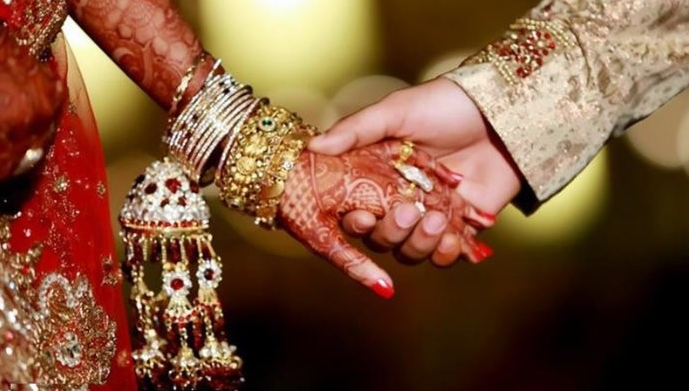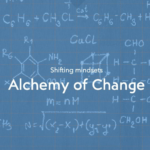In the revered institution of marriage, where vows of love and respect are solemnly exchanged, a disquieting reality often lies concealed beneath the surface, one characterized by emotional turmoil, verbal assault, or even physical violence. Toxic marriages represent a pervasive and deeply concerning issue that afflicts countless women worldwide. From entrenched cultural norms to individual belief systems, a multitude of factors contributes to the perpetuation of abuse within the confines of matrimony.
One of the most distressing facets of toxic marriages is the maltreatment suffered by daughters in the hands of their spouses and in-laws. Despite being nurtured with love and care by their own families, these women frequently find themselves subject to ridicule, manipulation, and even violence within their matrimonial homes. Such mistreatment can emanate from various sources including dowry-related disputes, infidelity, and strained familial relationships.
Dowry-related harassment remains a prevalent issue in many societies, where a woman’s worth is often equated with the material possessions she brings into her marital home. This antiquated practice not only perpetuates gender inequality, but also serves as a catalyst for abuse and exploitation. Women who fail to meet their husbands’ or in-laws’ expectations regarding dowry may encounter verbal abuse, financial coercion, or physical violence.
Infidelity represents another source of anguish for many women who are ensnared for in toxic marriages. Discovering a spouse’s extramarital affairs can be devastating, fracturing the bedrock of the trust and intimacy upon which marriage is constructed. Despite the emotional toll exacted by such betrayal, women may feel compelled to remain silent because of fear of societal stigma or retaliation from their spouses.
Moreover, strained familial relationships can exacerbate toxicity during marriages. Misunderstandings or conflicts between a woman’s family and her husband or in-law can engender resentment and animosity, often resulting in the wife’s scapegoating. In such scenarios, women may find themselves ensnared in the crossfire of familial discord and may be subjected to blame and verbal abuse for matters beyond their control.
Islamic teachings emphasize the importance of kindness, compassion, and respect within the family unit. The Prophet Muhammad (SAW) exemplified these virtues in his treatment of his wives and family members, serving as a guiding light for all Muslims. Indeed, the Quran admonishes believers to treat their spouses with love and kindness, recognizing them as partners and companions in life’s journey.
However, despite these teachings, many women continue to suffer in silence, ensnared in toxic marriages, with scant avenues for escape. The societal stigma surrounding divorce, coupled with economic dependence and cultural expectations, often leaves women feel powerless and isolated. Without adequate support systems in place, they may endure years of abuse, their cries for help falling on deaf ears.
It is imperative that society confront the issue of toxic marriages head-on, challenging the harmful norms and attitudes that enable such abuse to flourish. Education and awareness campaigns can help dispel misconceptions regarding marriage and gender roles, empowering women to assert their rights and seek assistance when needed. Legal reforms are also indispensable in providing women with greater protection against domestic violence and discrimination.
As individuals and communities, we must stand in solidarity with those ensnared for in toxic marriages, offering them support, compassion, and a pathway to safety and healing. By fostering a culture of empathy and understanding, we can endeavour to create a world in which every woman is treated with the dignity, respect, and love she deserves.
In contrast to the grim reality of toxic marriages, there are shining examples of individuals who honour and cherish their spouses, treating them with the utmost dignity and respect. These individuals exemplify the ideals of love, compassion, and equality in marriage, fostering relationships built on mutual understanding and support. Their commitment to nurturing healthy and harmonious partnerships serves as a beacon of hope, inspiring others to aspire to higher standards of marital bliss and fulfilment.
(Author is Assistant Professor, Fish Genetics and Breeding, School of Agriculture and Allied Sciences, TNU-Kolkata WB. Feedback: [email protected])








